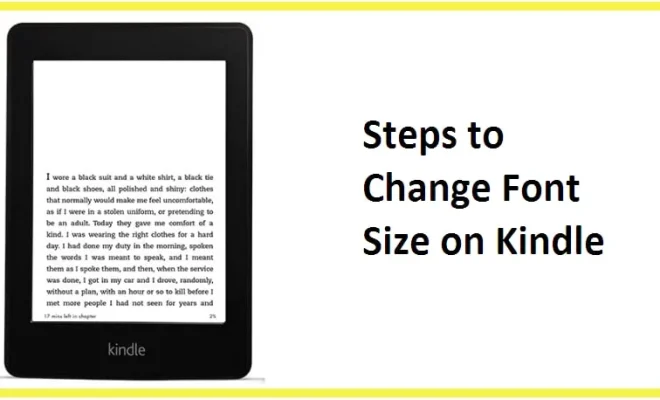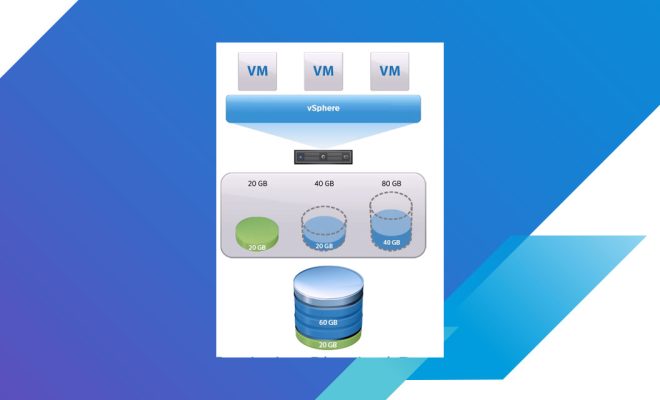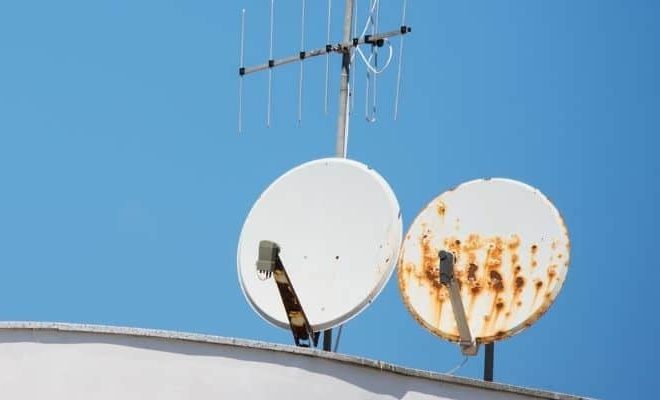Upload vs. Download Speed: What’s the Difference?

In today’s digital age, high-speed internet has become a necessity rather than a luxury. With the ability to quickly send and receive information, we can do everything from streaming movies to video conferencing with friends and professionals. However, there’s more to internet speed than the simple numbers we see – upload and download speeds can greatly impact the online experience. So, what’s the difference between upload and download speeds?
Upload Speed
Upload speed is the rate at which data is transferred from your device to the internet. This can include uploading photos or videos to social media, sending attachments via email, or backing up data to the cloud. Some internet service providers (ISPs) may have slower upload speeds in comparison to download speeds, which can cause frustration when trying to send large files. In general, upload speeds are less important than download speeds for most online activities.
Download Speed
Download speed is the rate at which data is transferred from the internet to your device. This includes activities involving streaming music or videos, downloading files, or browsing websites. Faster download speeds can greatly improve the online experience, as it allows for quicker loading times and smoother streaming. However, when multiple devices are connected to the same network and using significant amounts of data, download speeds may suffer.
The Relationship between Upload and Download Speeds
Upload and download speeds are interconnected and affect one another. Typically, ISPs provide a greater download speed than upload speed. For example, if you have a 100 Mbps internet connection, you may only receive 10 Mbps upload speed. This is because ISPs assume that the majority of users will consume more data than they upload, so they prioritize download speeds.
Why Upload and Download Speed Is Important
The difference in upload and download speeds is significant because it affects the quality of the online experience. Slow upload speeds can hinder users from sharing files and performing online tasks, while slow download speeds can lead to buffering, slow webpage loading, and interrupted streaming. For those who work from home or rely on the internet for their livelihood, fast upload and download speeds are essential for productivity and success.






